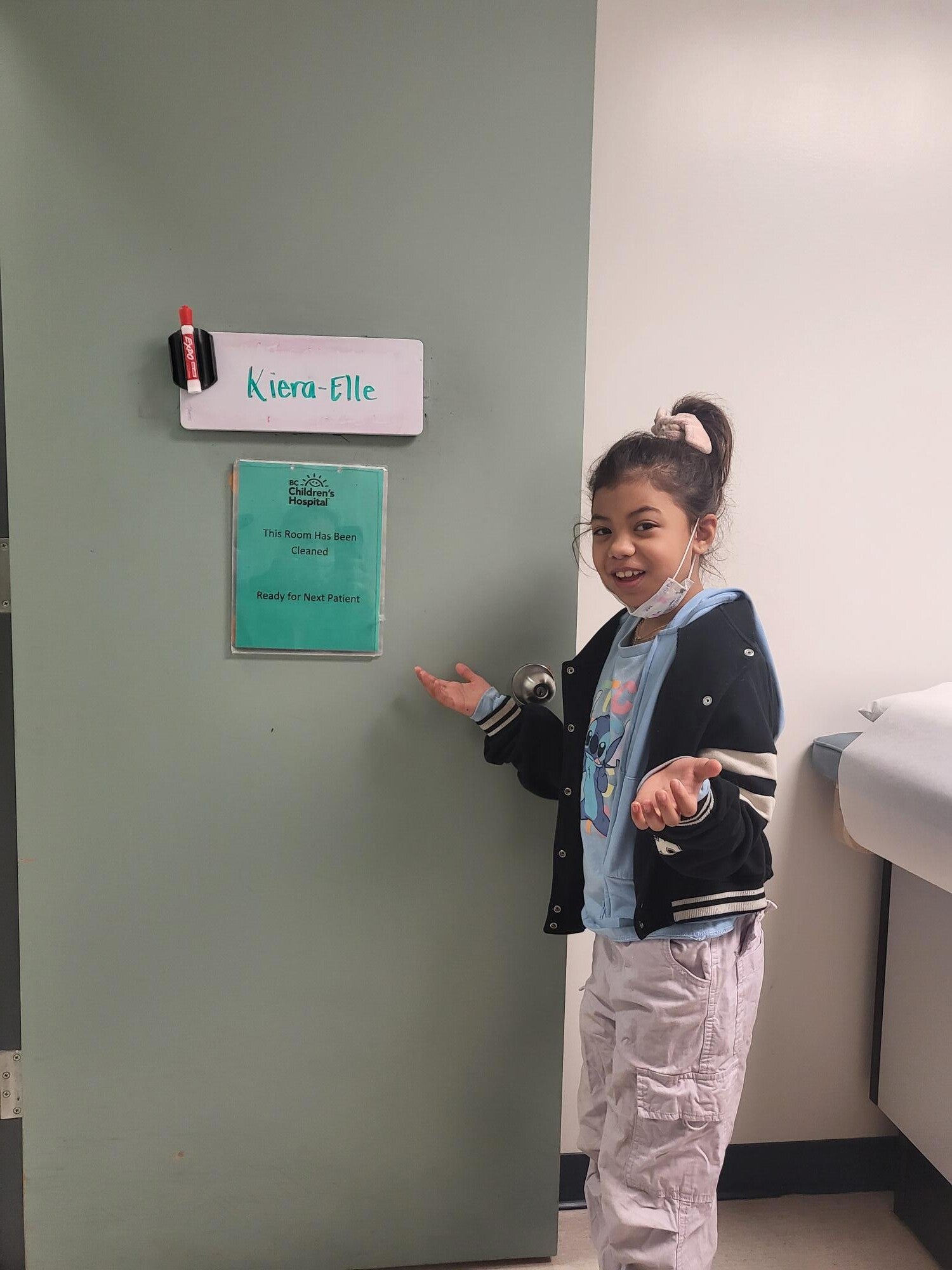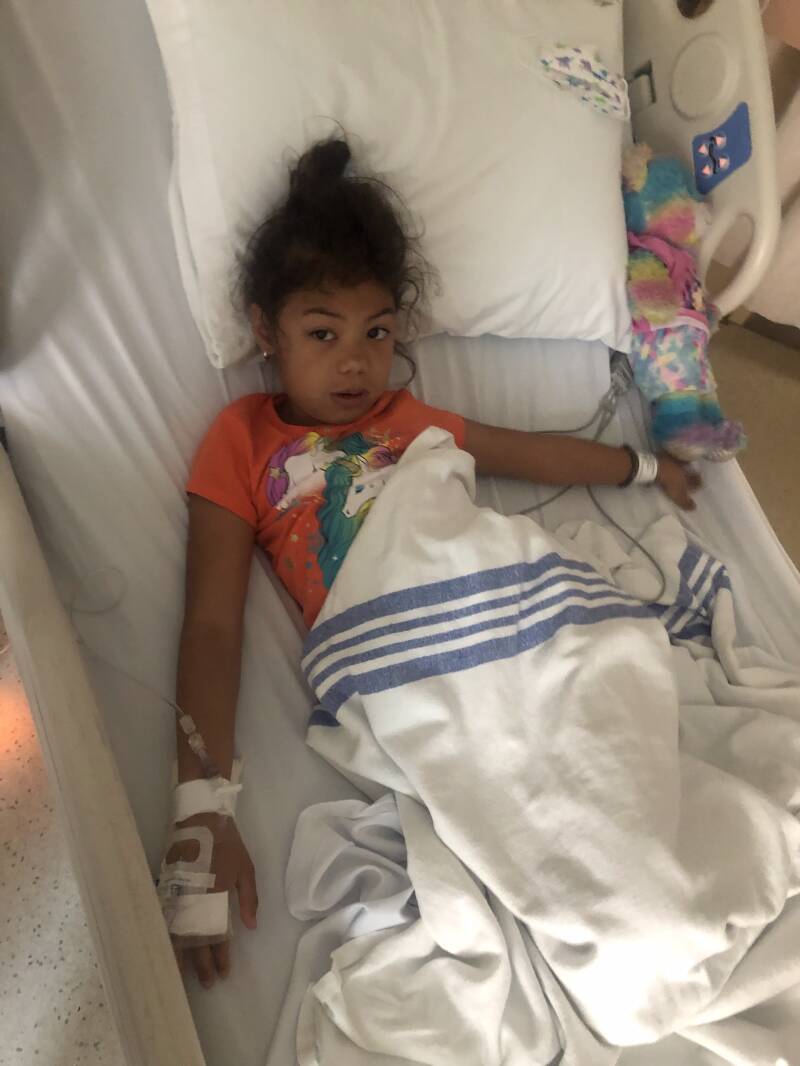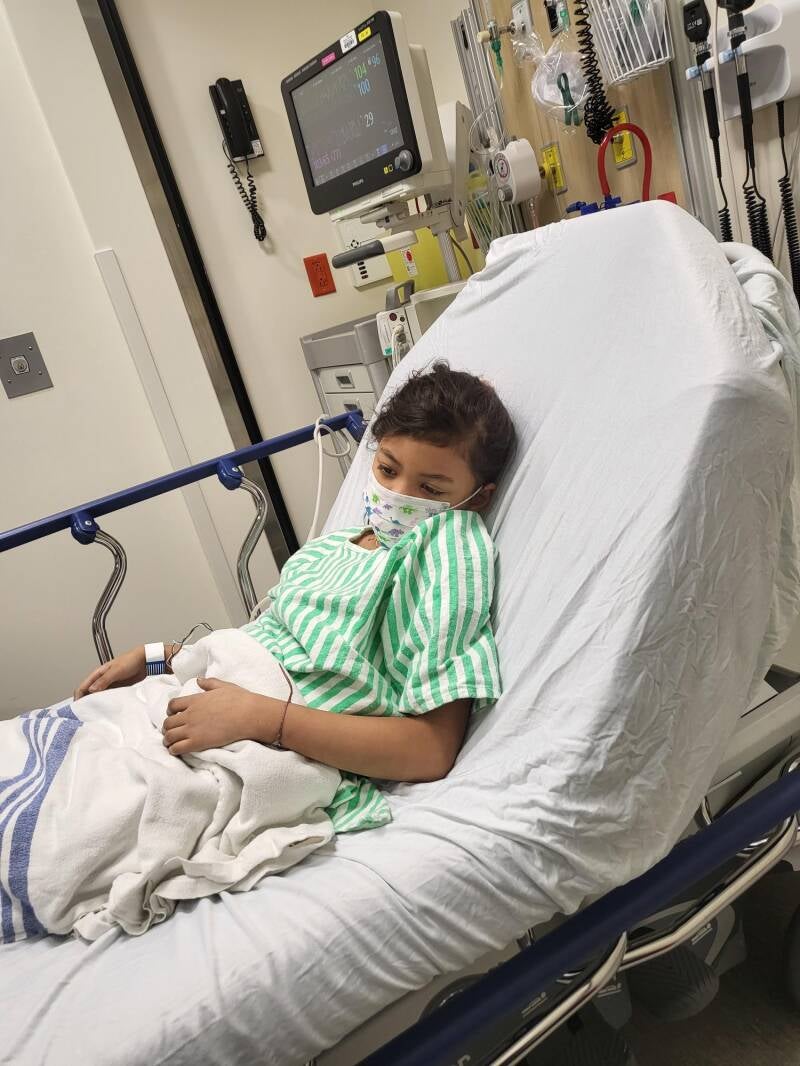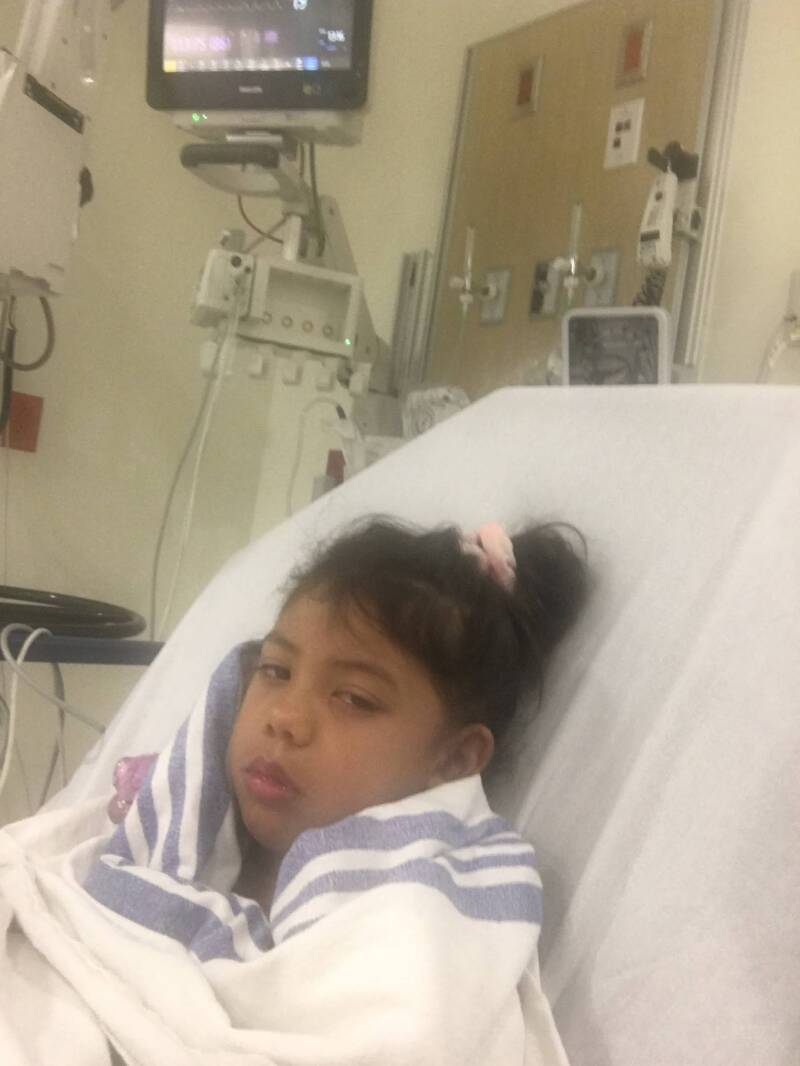
A Heartfelt Mission
Keira's dreadful journey began September 17th, 2021, a High fever, foaming at the mouth brought us to BC Childrens Emergency and diagonsed with Brugada Syndrome Sept 21, 2021 at the age of 6. Save Keira is dedicated to raising awareness about Brugada Syndrome. Keira is one of two pediactric females in the world with this rare syndrome where no cure and no treatment have taken lives. Join us as we work towards a future where families are informed and protected and we can gear towards treatment and a cure. We're glad you're here to be a part of Keira's story, and helping her live her best life.
Understanding Brugada Syndrome
We are committed to raising awareness and providing resources about Brugada Syndrome. Explore our site to learn more about this condition and how you can help support our mission.
Brugada Syndrome is a rare but serious heart condition that can lead to sudden cardiac arrest. Named after the Brugada brothers who first described it in 1992, this syndrome affects the heart's electrical system, causing irregular heartbeats. Symptoms often include fainting, seizures, or even sudden death, especially during sleep or rest. Genetics play a significant role, with mutations in the SCN5A gene being a common cause. Diagnosis usually involves an electrocardiogram (ECG) and sometimes genetic testing. Treatment options range from medications to the implantation of a cardioverter-defibrillator (ICD). Understanding Brugada Syndrome is crucial for those at risk and their families.
- Brugada Syndrome is a rare genetic heart condition more common in men, with symptoms often appearing in adulthood. Early detection and management are crucial for living a healthy life with the syndrome.
- Living with Brugada Syndrome requires careful management, lifestyle adjustments, and staying informed about new research and treatment options. Support groups and counseling can provide emotional support for patients.
Here are some fascinating facts about this condition.
- Brugada Syndrome was first described in 1992 by Spanish cardiologists Pedro and Josep Brugada.
- It is a genetic disorder, often inherited in an autosomal dominant pattern, meaning a single copy of the mutated gene can cause the condition.
- The syndrome is more common in men than women, with men being eight to ten times more likely to be affected.
- It is most prevalent in Southeast Asia, particularly in Thailand, the Philippines, and Japan.
- Symptoms often appear in adulthood, typically between the ages of 30 and 40.
Understanding the symptoms and how Brugada Syndrome is diagnosed can help in early detection and management.
- Common symptoms include fainting, irregular heartbeats, and sudden cardiac arrest.
- Some individuals may be asymptomatic, meaning they show no symptoms until a serious event occurs.
- Diagnosis is usually made through an electrocardiogram (ECG) that shows a characteristic pattern known as the "Brugada sign."
- Genetic testing can confirm the presence of mutations in the SCN5A gene, which is often linked to the syndrome.
- A family history of sudden cardiac death can be a significant indicator for doctors to consider Brugada Syndrome.
Treatment Options
While there is no cure for Brugada Syndrome, various treatments can help manage the condition and reduce the risk of complications.
- The primary treatment is the implantation of an implantable cardioverter-defibrillator (ICD), a device that can correct abnormal heart rhythms.
- Medications like quinidine may be prescribed to help stabilize heart rhythms.
- Lifestyle changes, such as avoiding excessive alcohol and certain medications, can also help manage symptoms.
- Regular follow-ups with a cardiologist are crucial for monitoring the condition.
- In some cases, catheter ablation, a procedure to destroy abnormal heart tissue, may be recommended.
Genetic and Environmental Factors
Both genetic and environmental factors play a role in the development and management of Brugada Syndrome.
- Mutations in the SCN5A gene are found in about 20-30% of cases.
- Other genes, such as CACNA1C and CACNB2, have also been implicated in the syndrome.
- Fever can exacerbate symptoms and trigger dangerous heart rhythms in affected individuals.
- Certain medications, including some antidepressants and antipsychotics, can worsen the condition.
- Stress and intense physical activity may also trigger symptoms in some people.
Research and Future Directions
Ongoing research aims to better understand Brugada Syndrome and develop more effective treatments.
- Scientists are exploring the role of other genetic mutations in the syndrome.
- New diagnostic tools, such as advanced imaging techniques, are being developed to improve early detection.
- Research is also focused on identifying biomarkers that can predict the risk of sudden cardiac arrest.
- Clinical trials are testing new medications and treatment strategies to manage the condition.
- Collaborative efforts between researchers, clinicians, and patient advocacy groups are crucial for advancing our understanding of Brugada Syndrome.
Living with Brugada Syndrome requires careful management and lifestyle adjustments to reduce the risk of complications.
- Patients are advised to avoid medications that can trigger symptoms, such as certain antibiotics and antiarrhythmics.
- Regular exercise is encouraged, but intense physical activity should be avoided.
- Maintaining a healthy diet and managing stress can help improve overall heart health.
- Patients should educate themselves about the condition and stay informed about new research and treatment options.
- Support groups and counseling can provide emotional support and help patients cope with the challenges of living with Brugada Syndrome.
Here are some additional interesting facts about Brugada Syndrome that you might not know.
- The syndrome is sometimes referred to as "Sudden Unexplained Nocturnal Death Syndrome" (SUNDS) in Southeast Asia.
- It is named after the Brugada brothers, who first identified the condition.
- The characteristic ECG pattern can sometimes be unmasked by administering certain medications during a test.
- Brugada Syndrome can be mistaken for other heart conditions, making accurate diagnosis crucial.
- Some cases of sudden infant death syndrome (SIDS) have been linked to Brugada Syndrome.
- The condition can be present in multiple family members, highlighting the importance of genetic counseling.
- Advances in genetic research are providing new insights into the underlying mechanisms of Brugada Syndrome, paving the way for potential new treatments.
Final Thoughts on Brugada Syndrome
Brugada Syndrome is a serious heart condition that can lead to sudden cardiac arrest. Knowing the symptoms, risk factors, and treatment options is crucial. Genetic testing can help identify those at risk, and lifestyle changes can reduce triggers. Implantable cardioverter-defibrillators (ICDs) are often recommended for those with a high risk of sudden cardiac arrest. Regular check-ups with a cardiologist are essential for managing the condition. Awareness and education about Brugada Syndrome can save lives. If you or someone you know has symptoms, seek medical advice immediately. Early detection and proper management can make a significant difference. Stay informed, stay safe, and take proactive steps to protect your heart health.
Frequently Asked Questions





Our Initiatives

Awareness Campaigns
RAISING $15,000 towards Research and Development for Brugada Syndrome
Help Keira live her best life & Help find a cure or treatment to fight Brugada Syndrome!

Fundraising Past & Upcoming Events
PAST: July 12 & 13 2025 Vancouver Reggae Festival at the Vancouver Art Gallery
So Many AMAZING VENDORS!!
---------------------------------------------------
UPCOMING: SILENT AUCTION TBA
---------------------------------------------------
UPCOMING: Teaming up with Vancouver's Scariest Haunted house .....(CAN'T WAIT!!!!!!) DREAM HORROR LIVE HAUNTED HOUSE IN OCTOBER 2025
(They are coming back!!!!!!!!)
----------------------------------------------------------------------
UPCOMING: WINTERWONDERLAND GALA NOVEMBER 8th 2025
FOR MORE INFORMATION ON FUNDRAISER EVENTS